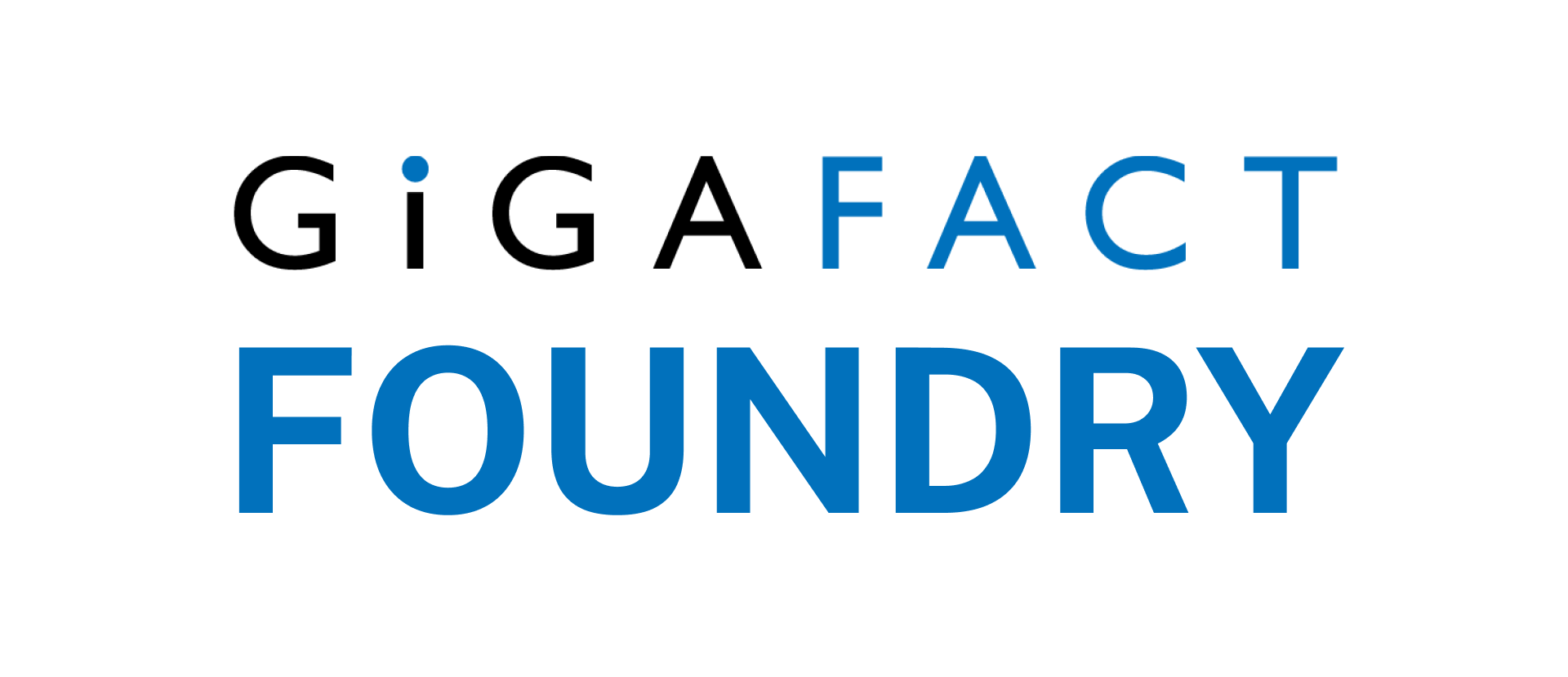Thursday, Apr. 15, 2021
Have scholars found that aspects of US governance share characteristics of an oligarchy?
Some scholars have observed that aspects of U.S. politics and governance operate like an oligarchy, a power structure in which a few elites govern society for their personal benefit, rather than in the interests of society as a whole.
A 2014 Cambridge University Press study analyzed a set of 1,779 proposed American public policy changes between 1981 and 2002. It found that general public opinion on an issue had little influence on the likelihood of Congress passing a given law. Congressional votes, however, were significantly reflective of the known policy preferences of the “economic elite.”
At the Supreme Court, a phenomenon dubbed the “white-collar paradox” has been observed among conservative justices who rarely rule against the government in favor of poorer defendants. They are far more likely to do so in favor of wealthier defendants.
This fact brief is responsive to conversations such as this one.
Sources
- The Balance Oligarchies: Definition, pros and cons, with causes and examples
- Cambridge University Press Testing theories of American politics—elites, interest groups and average citizens
- Lexology White-collar paradox
About fact briefs
Fact briefs are bite-sized, well-sourced explanations that offer clear "yes" or "no" answers to questions, confusions, and unsupported claims circulating online. They rely on publicly available data and documents, often from the original source. Fact briefs are written and published by newsrooms in the Gigafact network.
See all fact briefs
Between 2020 and 2022, under close editorial supervision, Gigafact contracted a group of freelance writers and editors to test the concepts for fact briefs and provide inputs to our software development process. We call this effort Gigafact Foundry. Over the course of these two years, Gigafact Foundry writers published over 1500 fact briefs in response to claims they found online. Their important work forms the basis of Gigafact formats and editorial guidelines, and is available to the public on Gigafact.org. Readers should be aware that while there is still a lot of relevant information to be found, not all fact briefs produced by Gigafact Foundry reflect Gigafact's current methods and standards for fact briefs. If you come across any that you feel are out of date and need to be looked at with fresh eyes, don't hesitate to contact us at support@gigafact.org.
Learn MoreLatest Fact Briefs
Is there a scientific consensus that life begins at conception?
Thursday, Aug. 4, 2022
Do countries around the world subsidize fossil fuels?
Wednesday, Aug. 3, 2022
Is the repeal of Roe v. Wade expected to increase the maternal death rate?
Wednesday, Jul. 27, 2022
